Following Russia’s invasion of Ukraine beginning on Feb. 24 and the violence that has followed in the region, University of Minnesota students are concerned about the conflict in the region.
The conflict, according to University political science professor Kathleen Collins, has roots going back to 1991 when the Soviet Union collapsed, which meant that Ukraine achieved independence from Russia. Independence movements in Ukraine go back further than 1991.
Students on campus have been engaged in discussions regarding U.S. involvement in the Russian invasion and to express grief over loved ones and family members. Collins, who has a focus on Russia and Central Asia, said the Russian invasion is focused on whether or not Ukraine deserves to be an independent state.
Katie Kramarcuk, has been rallying in support of Ukraine and at anti-war protests, is a graduate student at the University whose grandparents came to the United States from Ukraine.
In the late 1940s, her grandparents — who fled the country during World War 2 — founded Kramarczuk’s Sausage Company on East Hennepin Avenue. Her family has supported Ukrainians in Minneapolis ever since then Kramarcuk said.
“They fled with the German army, and they were fleeing the Soviet Army, which is just kind of crazy because it seems, if they were still alive, they probably kind of see history repeating itself,” Kramarcuk said. “But my grandma when she was 16, she used to tell us she would run grenades for the Resistance Army. So kind of like what we’re seeing now as well, you know, a lot of civilians are stepping up to fight.”
Meggie Pruidze, a University student studying political science, fled Georgia amid the Russo-Georgian War when she was six years old. She said she knows the fear that war brings and can still remember the tension she felt during that time.
“I was living in Georgia with my grandparents, my parents were here in the U.S. working,” Pruidze said. “I was at our family’s cabin, when they bombed about a mile away from us and I remember, there were like military personnel all around our cabin. A lot of tanks and things like that. And we had to just pile up in the car and drive to Armenia.”
Both Kramarcuk and Pruidze expressed a concern for the people of Ukraine. They say they want to encourage other students to attend rallies or discussion roundtables if they are interested in making their voices heard.
Collins said she encourages students to attend protests and events, or support humanitarian agencies as ways of showing solidarity with the Ukrainian-American community.
“If [students] are so inclined, writing to their Congress, Congressman, certainly, urging them to support Ukraine would be another way of staying well informed I think is incredibly important,” Collins said.
Some University students gathered to protest, not just the war in Ukraine, but all war efforts.
Mira Altobell-Resendez and Annie Russell-Pribnow, two students from the University’s chapter of Students for a Democratic Society in attendance at the Feb. 24 protest expressed their opposition to the U.S. involvement in the conflict.
Pruidze also said she was concerned about U.S. involvement and having troops on the ground in Ukraine.
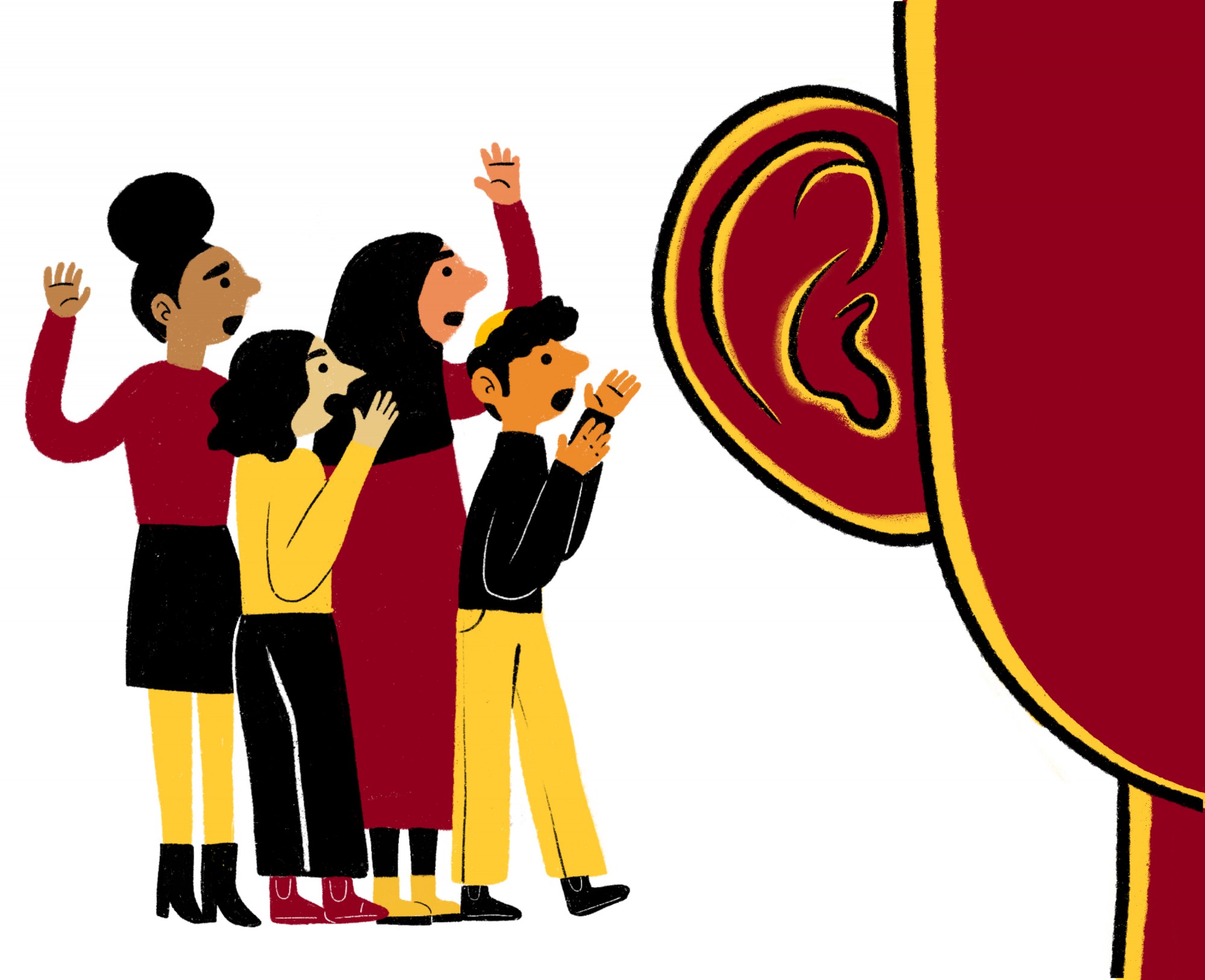
Sarah Mai
Ukrainian invasion prompts discussion and action from UMN students
Students with ties to Ukraine shared their views on the war and discussed similarities to past conflicts throughout history.
Published March 5, 2022
1
5
More to Discover













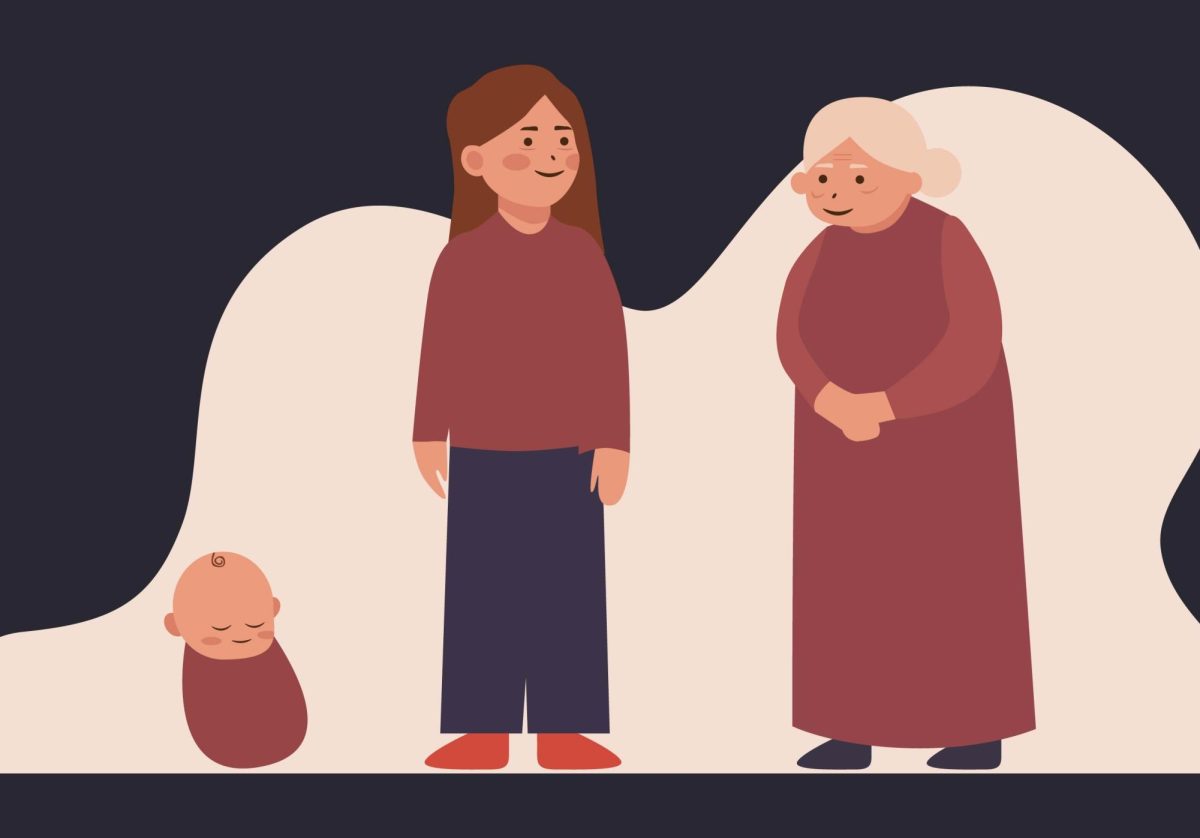

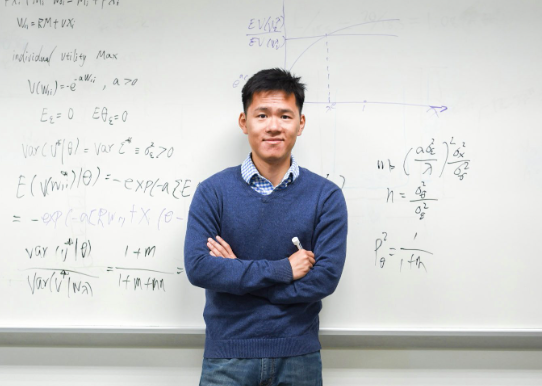
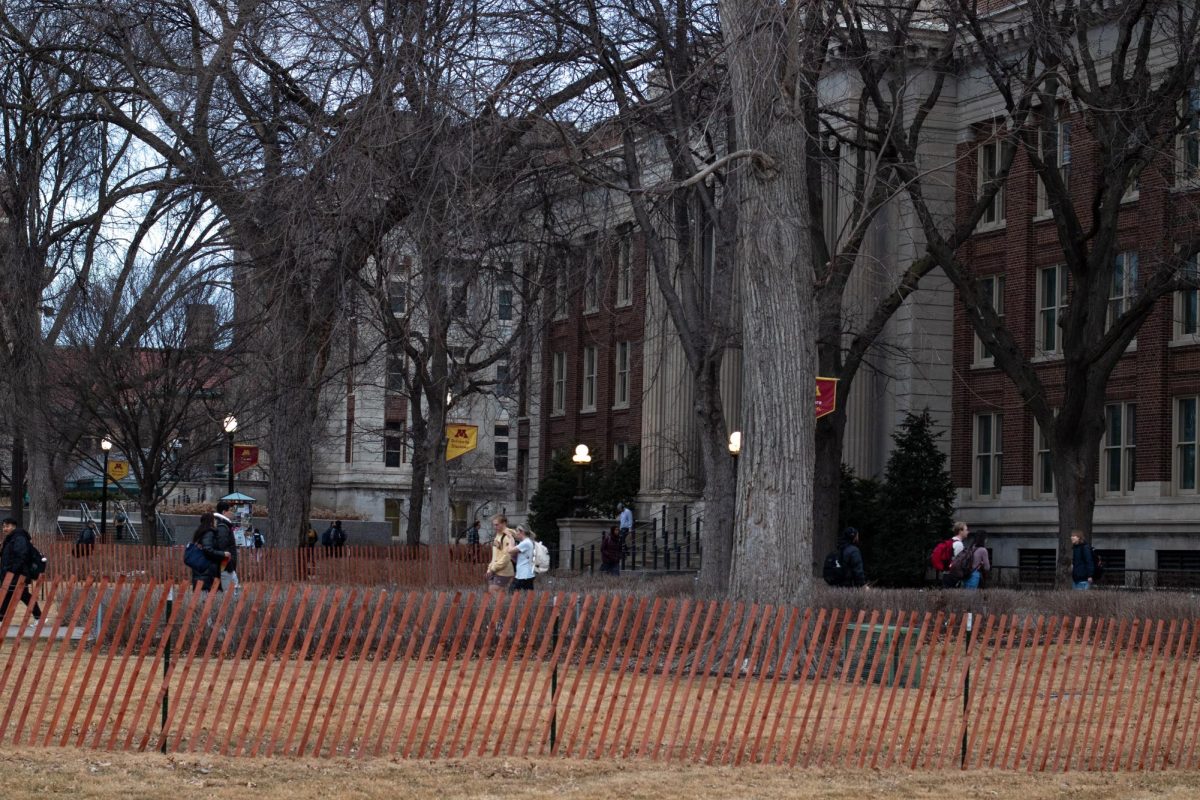
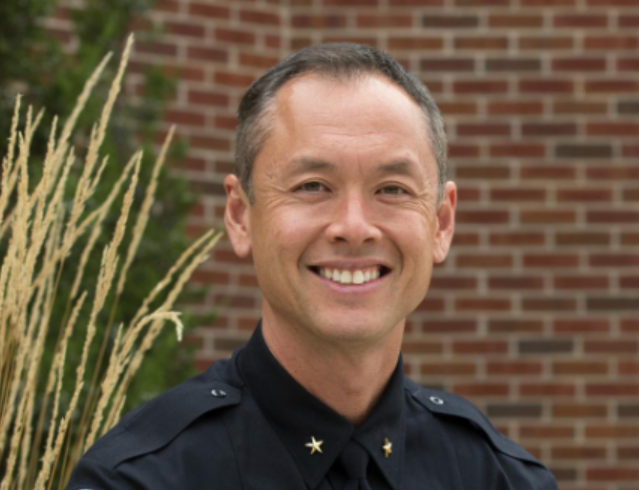
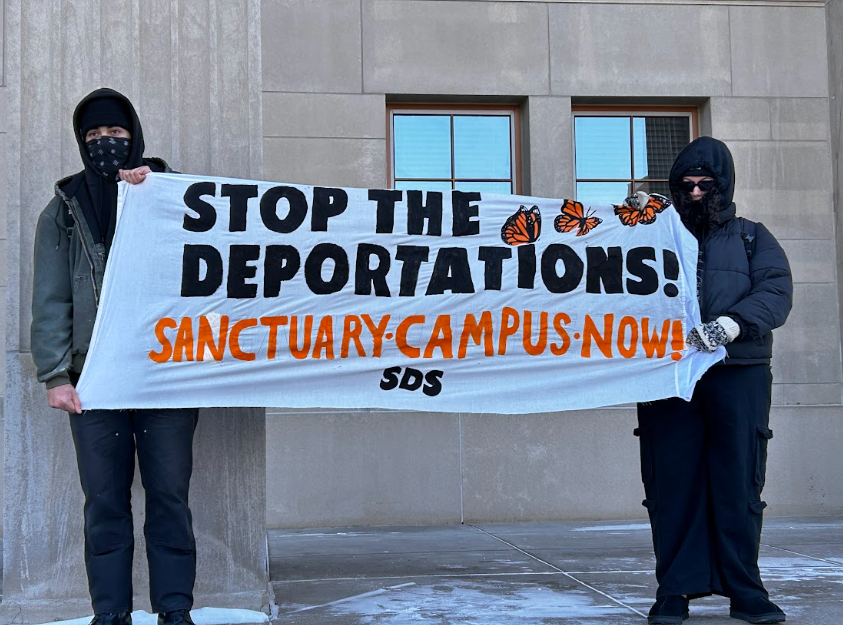
CapnRusty
Mar 8, 2022 at 12:58 pm
Perhaps Collins, a political science professor, would discuss the extent to which President Biden’s shutting down the Keystone Pipeline was the direct cause of this war. Econ 101 tells us that cutting back on the supply of any commodity, without reducing the demand, inevitably increases the price. The increased price of oil provided Vladimir Putin with the funds to start this war. The war would cease immediately if Biden would re-start the pipeline, but he is too beholden to the Greens in his party to do so. At the same time, the price of gasoline is rising dramatically, which will result in a wipe out of Democrats in November. We live in interesting times.